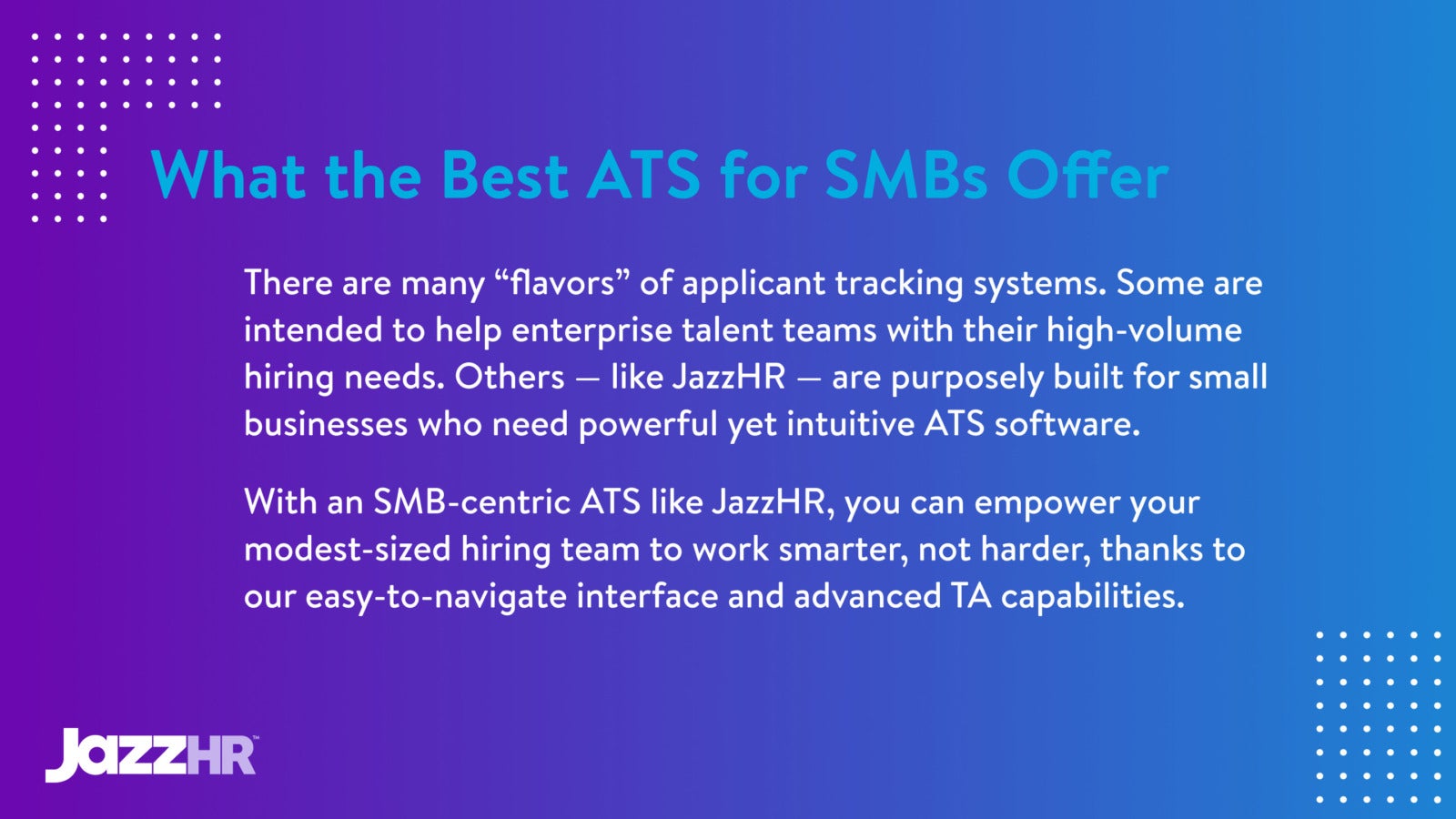The big-picture benefits of the franchisee-franchisor relationship are obvious. If you’re reading this, chances are that you’re either a) a newly-minted franchisee, or b) aware that franchises tend to have a higher success rate than independent small businesses, and interested in becoming a franchisee.
Business success relies on too many variables to name, but there’s a reason that as many as 97% of HR professionals are planning to invest more in their recruitment process. An effective hiring process means better hires, which in turn means less employee turnover.
- With the cost of replacing an employee falling anywhere between six and nine times their salary, hiring has a direct impact on the bottom line.
What difference does the relationship between a franchisee and a franchisor make, then? What’s giving franchise owners the edge over independent businesses when it comes to hiring? Dig out your high school biology textbooks, because it’s all about one word: symbiosis.
Franchisee vs. franchisor: The fundamental difference
Franchisees and franchisors are working towards the same goal (the success of the franchise). Yet, they go about achieving it in different but complementary ways. It may seem obvious, but it’s worth explaining because it directly impacts the franchise hiring process.
- Franchisors come up with the business model. They’re in charge of developing products or services, branding, and marketing. They’re also responsible for training new franchisees and providing ongoing support.
- Franchisees run the business at the ground level. They’re in charge of operations, recruitment, onboarding individual employees, and everything else that comes with the delivery of the product or service in question.
There’s the symbiosis at work. Franchisors worry about the high-concept stuff, while franchisees make sure their business runs smoothly. Together, they (hopefully) succeed.
- That difference, which defines the relationship and sets franchises apart from independent businesses, has an influence on everything – including hiring.
Like an anemone protecting a clownfish (think Nemo’s house), the franchisor is there to ensure that the franchisee makes the right choices. Their first act was to hire a franchisee that they felt they could trust to run a business.
Chron’s Lainie Petersen had it right when she described franchisors as “mentors.”
“Because a franchisee is working with an established brand and business plan, he or she is less likely to make rookie mistakes that could sabotage the business.”
If you’re a franchisee (or thinking of becoming one), you’re in a pretty good position. When things are working as they should, you barely have to worry about improving your product, service, branding, or marketing efforts.
There’s a business powerhouse invested in your success. You’ve also got the benefit of experience that you haven’t had to earn the hard way — aside from the franchisor, there’s likely an entire network of existing franchisees that are a font of knowledge.
Capitalize on the free time
Use the bandwidth you’re saving on product development and branding to your advantage. While franchisors worry about hiring people like you, focus on developing your recruitment process at the local level. It may sound counterintuitive to talk about ‘personalization’ when it comes to franchising, but you’ve got an opportunity to make a great impression on candidates.
Often, franchisees are responsible for hiring. That includes advertising vacancies, responding to applicants, conducting interviews, and making job offers.
- At each stage in that process, you’re performing your operational role in the relationship and representing the brand-at-large while you do it.
You’ll likely have the benefit of job description templates (more on that below), but that doesn’t mean you can’t tweak them to ensure they’re the right fit for your location. That could involve notes on shift flexibility, disability access, and more. Responding to applicants quickly is also vital: Four in five job seekers would re-apply to a business if the candidate experience was positive.
Therefore, communication can’t be an afterthought.
Take every opportunity to create a local culture within the franchise business at large, and communicate it throughout the hiring process. Research shows you’ll attract top talent by doing so.
Use the resources at your disposal
Here’s another obvious point that still bears mentioning:
- Act like a franchisee, not an independent business. In other words, lean on the advantages you’ve got wherever possible to ensure your day-to-day operations are as smooth as possible and you have the training and support needed.
You can spend as many hours as you want crafting the perfect impact job description, but candidates will still spend an average of just 14 seconds deciding whether or not they’ll apply. Franchisors likely have the benefit of trial-and-error at a national level, so use whatever templates they’ve got for you and make a few tweaks.
They’re also responsible for some of the training you’ll need to deliver. Often, franchisors will agree to train those in management roles. It’s in your best interests to ask because it signposts an interest in development that franchisors value.
According to The Balance:
- “Most franchisors will be looking to see if you are taking training seriously. This is such an important issue…that your franchise agreement will likely allow [them] to terminate the relationship if you do not complete training to their satisfaction.”
Don’t forget the franchise agreement or the franchise disclosure document (FDD). They merit an entire post of their own, but when you’re unsure about what the franchisor should be providing on the hiring and training front the answers should be in those documents.
Connect with the Support Network
Chances are you’re not the first person to open a franchise location with your franchisor. That means your peers (a.k.a. other franchisee business owners) can be a valuable resource. That’s because they’ve had the exact same experience you’re having.
So, benefit from their experience, learn about the roles and responsibilities they assign to their employees, hear about their mistakes, and just ask for advice as needed. Ask questions like:
- What roles(s) did they fill first after submitting their initial franchise fee?
- What types of business systems and processes did they implement?
- What specific types of interview questions proved the most useful?
- How do they plan ahead to ensure they can pay franchise royalty fees
- How have they iterated and improved upon their hiring process over the years?
Other franchise locations may also be a fantastic source of candidates. If an employee at one location is looking to move to a different state, for example, see if you can nab them.
They’ll already know how everything works and could help you recruit staff. Many franchises also employ field support consultants — reps that make sure you get the help you need.
Bridging the gap between franchisor and franchisee
Franchise hiring can feel like an unusual process. The trick is to balance local culture with the brand-at-large and to look for people that reflect the values of your own business and a national — sometimes global — corporation.
That would be a difficult gap to bridge if it weren’t for the relationship at the foundations of a franchise. Franchisees are just one part of a support network that’s there to help them succeed.
Just invest in your first franchisee opportunity? Then it’s also time to invest in the ideal recruiting software for your small business. Learn why so many franchisees turn to our ATS to hire part- and full-time talent.








